How to Choose the bee eye led light manufacturer and supplier ?
- Introduction: Why choosing the right bee eye led light manufacturer matters
- : protect your investment with the right bee eye led light partner
- Understand your project requirements before contacting a bee eye led light supplier
- Define application and performance needs for bee eye led light purchases
- Set a realistic budget and lifecycle expectations when buying bee eye led lights
- Key technical specifications to check for any bee eye led light
- Essential LED and optical specifications to compare
- Control, optics and mechanics: what to demand from a bee eye led light manufacturer
- Testing and longevity data to request from suppliers
- Typical technical comparison table for bee eye led light specs
- Manufacturing capability and quality control — what proves a supplier is serious
- Factory size, annual production and patents as indicators of reliability
- Certifications and compliance to request from bee eye led light manufacturers
- Quality control processes and tests to demand
- Commercial and logistical factors when selecting your bee eye led light supplier
- OEM/ODM flexibility, minimum order quantities (MOQ), and pricing
- Lead time, spare parts availability, and warranty terms
- Shipping, documentation and after-sales support
- How to evaluate and shortlist bee eye led light manufacturers and suppliers
- Request samples, third-party tests, and on-site audits
- Check references, case studies and long-term customers
- Scorecard: an objective way to compare suppliers of bee eye led light
- Why LQE could be your bee eye led light OEM/ODM partner
- LQE strengths aligned to buyer needs for bee eye led light projects
- Commercial benefits and value proposition from LQE
- Conclusion: Actionable buying checklist for bee eye led light suppliers
- Step-by-step checklist to finalize your bee eye led light manufacturer
- FAQ
- What is a bee eye LED light and where is it typically used?
- How important are LM-80 and LM-79 reports when buying a bee eye led light?
- What minimum warranty and spare-parts policy should I expect from a professional supplier?
- How do I test a sample bee eye led light for camera safety?
- Is it better to buy from an OEM manufacturer or a trading company?
- References and sources
Introduction: Why choosing the right bee eye led light manufacturer matters
: protect your investment with the right bee eye led light partner
Choosing the right bee eye led light manufacturer and supplier affects performance, reliability, and total cost of ownership. Buyers—ranging from rental companies and production houses to clubs and event integrators—need fixtures that are durable, camera-friendly, and serviceable. This article gives a step-by-step, practical checklist to evaluate manufacturers and suppliers, helping you avoid common pitfalls and secure a long-term partner for LED stage lighting projects.
Understand your project requirements before contacting a bee eye led light supplier
Define application and performance needs for bee eye led light purchases
Start by clarifying where the bee eye led light will be used (touring concerts, fixed installation, studios, houses of worship). Different applications drive different priorities: touring requires robust mechanics and easy servicing; broadcast needs high flicker-free refresh rates; permanently installed venues need long-term weather and dust protection. Knowing the application focuses your supplier search and ensures you request the correct technical data sheets and warranty terms.
Set a realistic budget and lifecycle expectations when buying bee eye led lights
Define both purchase price and expected operational costs, including spare parts, maintenance, and energy consumption. Commercial-intent keywords: bee eye led light price, warranty, spare parts, service. A lower initial price can mean higher lifecycle costs; a reputable manufacturer will provide clear warranty terms and service plans for your bee eye fixtures.
Key technical specifications to check for any bee eye led light
Essential LED and optical specifications to compare
When evaluating a bee eye led light, request precise specifications: LED chip brand (Cree/Osram/Bridgelux), total wattage, beam angle, lumen output, color temperature range, CRI, and beam control features (frost, zoom, prisms). For camera work, ask for rated PWM refresh/flicker frequency — professional fixtures often operate at >3,000 Hz to avoid banding on high-speed cameras.
Control, optics and mechanics: what to demand from a bee eye led light manufacturer
Confirm supported protocols (DMX512, RDM, Art-Net, sACN), pan/tilt resolution, gobo/prism options, and mechanical lifespan (number of cycles). If you need pixel-mapping or pixel-control, verify the manufacturer’s firmware and mapping tools. Commercial terms: ask about firmware updates, DMX channel modes, and custom control profiles if planning OEM/ODM integration.
Testing and longevity data to request from suppliers
Reliable suppliers should provide LM-79 (photometric) and LM-80 (LED lumen maintenance) reports, IES files, and detailed MTBF or L70 lifetime estimates (LEDs commonly rated >50,000 hours). Request aging-test data (burn-in at rated temperature for 48–72 hours) and environmental testing (thermal cycling, vibration) for touring fixtures.
Typical technical comparison table for bee eye led light specs
| Specification | Entry-level Range | Professional Range | Recommended for |
|---|---|---|---|
| LED Chip | Generic SMD | Cree / Osram / Bridgelux | Touring, Broadcast |
| Total Power | 50–150 W | 150–400 W | Small clubs — stadiums |
| Beam Angle | 5°–25° fixed/limited | 3°–45° zoom/focus | Precision shaping |
| Refresh Rate | 500–2,000 Hz | >3,000 Hz (camera-safe) | Broadcast / Live TV |
| Lifetime | 30,000–50,000 hours | 50,000+ hours (L70) | Long-term installs |
Manufacturing capability and quality control — what proves a supplier is serious
Factory size, annual production and patents as indicators of reliability
Assess scale and investment: production area, annual output, and intellectual property portfolio. For example, LQE was founded in 2008, headquartered in Foshan, China, with a production base of about 10,000 square meters, annual capacity of 100,000 fixtures, and more than 80 national patents — clear evidence of manufacturing scale and R&D capability for bee eye led light products.
Certifications and compliance to request from bee eye led light manufacturers
Ask for CE and RoHS (required for EU), UL/ETL (North America) when applicable, and FCC for radio or wireless elements. For photometric and electrical safety, request LM-79/LM-80 test reports and IEC or EN safety standard compliance for AC and EMC performance. Certification presence reflects both product safety and market readiness.
Quality control processes and tests to demand
Confirm the supplier runs comprehensive QC: incoming materials inspection, in-line electrical and mechanical tests, full-power aging (burn-in), thermal stress testing, and final QA inspections with serial-number traceability. Look for ISO 9001 certification as evidence of structured quality management.
Commercial and logistical factors when selecting your bee eye led light supplier
OEM/ODM flexibility, minimum order quantities (MOQ), and pricing
If you need branding, firmware changes, or product customization, check OEM/ODM capabilities and associated costs. Understand MOQs for branded runs vs. standard models. Typical commercial-intent questions: what is the unit price at 50/200/500 pcs? Does the supplier offer pilot builds and how are tooling costs allocated?
Lead time, spare parts availability, and warranty terms
Ask about standard lead times for samples and bulk orders, guaranteed spare-parts availability (usually 3–5 years minimum for pro fixtures), and warranty coverage (12–36 months common). Clarify RMA processes, local service partners, and whether the supplier stocks replacement modules such as LED engines, drivers, and control boards for bee eye led light models.
Shipping, documentation and after-sales support
Confirm packaging for road/air transport, IATA and ADR packing where relevant, complete technical documentation (IES files, wiring diagrams, service manuals), and language support for your team. After-sales support is commercially critical—ensure timely spare parts, firmware updates, and regional technical contact points.
How to evaluate and shortlist bee eye led light manufacturers and suppliers
Request samples, third-party tests, and on-site audits
Before committing, order samples and run your own tests: photometric checks, thermal imaging, and real-world use scenarios. If possible, arrange a factory visit or third-party audit to inspect assembly lines, QC processes, and worker skill. Use independent labs for LM-79/LM-80 verification if a supplier cannot supply credible reports.
Check references, case studies and long-term customers
Ask for references from customers in your market segment and look for case studies showing product performance over time. Reliable manufacturers will share touring/installation examples, rental house lists, or broadcast clients as proof of product maturity and supportability.
Scorecard: an objective way to compare suppliers of bee eye led light
| Criteria | Weight | Supplier A (High-end OEM) | Supplier B (Trading Co.) | Supplier C (Small Workshop) |
|---|---|---|---|---|
| Technical specs & Performance | 25% | 9/10 | 6/10 | 5/10 |
| Quality control & Testing | 20% | 9/10 | 5/10 | 4/10 |
| Certifications & Compliance | 15% | 9/10 | 5/10 | 3/10 |
| Price & Commercial Terms | 15% | 7/10 | 8/10 | 9/10 |
| After-sales & Spare parts | 15% | 9/10 | 5/10 | 4/10 |
| OEM/ODM flexibility | 10% | 8/10 | 6/10 | 5/10 |
Why LQE could be your bee eye led light OEM/ODM partner
LQE strengths aligned to buyer needs for bee eye led light projects
LQE (founded 2008, Foshan, China) combines scale, R&D, and production capacity to serve demanding clients. With a 10,000 m² production base, an annual output capacity of about 100,000 fixtures, and 80 national patents, LQE can support large-volume rental orders, custom OEM/ODM requests, and long-term spare parts commitments. The company’s product line covers moving head and static lights suitable for theaters, concerts, studios, clubs, theme parks, and broadcast environments.
Commercial benefits and value proposition from LQE
LQE emphasizes cost-effectiveness and first-class modern stage lighting integrated with strong customer service. Commercially minded buyers will value clear warranty policies, scalable production capacity, and an established IP portfolio—important for product differentiation in the bee eye led light segment. If you require customization, LQE’s R&D and patent resources reduce time-to-market for bespoke features.
Conclusion: Actionable buying checklist for bee eye led light suppliers
Step-by-step checklist to finalize your bee eye led light manufacturer
1) Define use-case and key performance metrics (refresh rate, lumen output, beam control). 2) Request LM-79/LM-80, IES files, and photometric data. 3) Verify certifications and sample-test real-world performance. 4) Audit manufacturing capability, patents, and quality systems. 5) Compare pricing with lifecycle cost analysis and confirm spare parts policy and warranty. 6) Start with a pilot order and validate after-sales responsiveness before scaling purchases.
FAQ
What is a bee eye LED light and where is it typically used?
Bee eye refers to a type of LED moving head or beam fixture often used for narrow-beam effects on stages, clubs, concerts, and broadcast environments where multiple intense beams and fast movement are required.
How important are LM-80 and LM-79 reports when buying a bee eye led light?
Very important. LM-80 documents LED lumen maintenance over time; LM-79 is a full photometric test for the fixture. These reports provide objective data about brightness, efficiency, and expected lifetime.
What minimum warranty and spare-parts policy should I expect from a professional supplier?
Industry practice for professional fixtures is 12–36 months warranty. Spare parts availability for at least 3–5 years is common; manufacturers supplying rental and installation markets should commit to longer availability.
How do I test a sample bee eye led light for camera safety?
Check the PWM/flicker frequency and perform camera tests at various shutter speeds. Professional fixtures target refresh rates above 3,000 Hz to avoid flicker on modern broadcast and high-speed cameras.
Is it better to buy from an OEM manufacturer or a trading company?
OEMs often provide better quality control, custom features, and long-term support; trading companies may offer competitive pricing and varied inventory but can lack direct control of R&D and QC. Choose based on your priorities: performance and reliability vs. initial cost and variety.
References and sources
- Illuminating Engineering Society (IES) — LM-79 and LM-80 test procedures.
- European Commission — CE marking and RoHS directives (product compliance requirements).
- Industry market reports on professional LED stage lighting (e.g., market research firms such as Grand View Research and MarketsandMarkets for market trends).
- Typical LED manufacturer datasheets and product manuals (Cree, Osram, Bridgelux) for LED performance baselines.
- Company information provided by LQE (founding year, production base, annual capacity, patents) as described in the brief.
Tips for buy stage lighting spotlights
Top 10 professional stage lights Manufacturers and Supplier Brands in us
Top 10 moving wash lights Manufacturers and Supplier Brands
Unveiling the Par Can Light: Your Essential Guide to Stage Illumination
1000w
Do You Supply After-Sale Service?
LQE lighting offers 7x24 hrs systematic SOP customer support with dedicated personnel, ensuring quick and comprehensive assistance for stage lighting needs.
What Is the Warranty Offered by LQE Lighting?
LQE lighting offers a comprehensive 1-year warranty and spare parts on its products, giving customers peace of mind and investment protection.
Distributor
How can I apply to become a distributor?
Simply fill out the contact form on this page or email us directly with your company information, market background, and cooperation intention. Our sales team will get in touch with you within 1–2 business days.
What support does LQE offer to its distributors?
We provide our distributors with a full package of support, including:
Marketing materials and product catalogs
Technical training and manuals
Fast-response after-sales service
Exclusive regional pricing and policies (for qualified partners)
Priority access to new products and updates
What is your typical lead time for distributor orders?
Our standard production lead time is 15–30 working days depending on order volume and customization requirements. For stocked models or repeat orders, we can offer shorter delivery times.
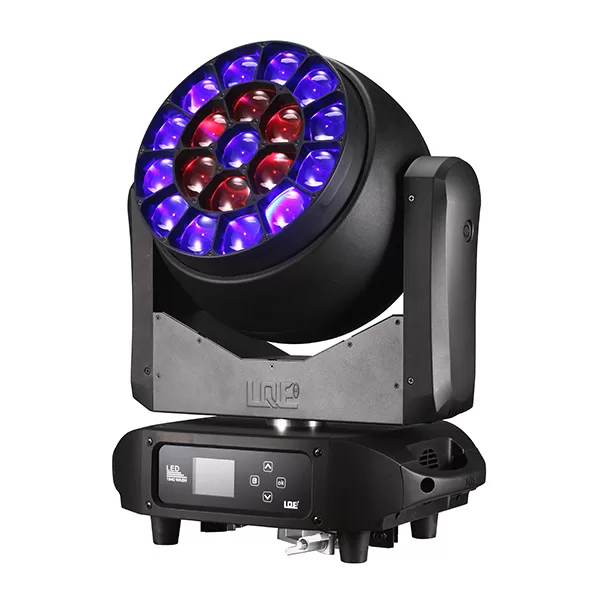
600w 19x40w RGBW Stage Moving Head Wash Light LW600 Zoom IP20
600W 19x40W LED RGBW Mulichips Moving Head Wash Lights with Zoom (5°–50°), Covering Large Range and Long Distance. IP20: Designed to deliver a 5°–50° ultra-large zoom range to achieve a greater wash effect, illuminating stages and events with stunning ring control lighting effects.
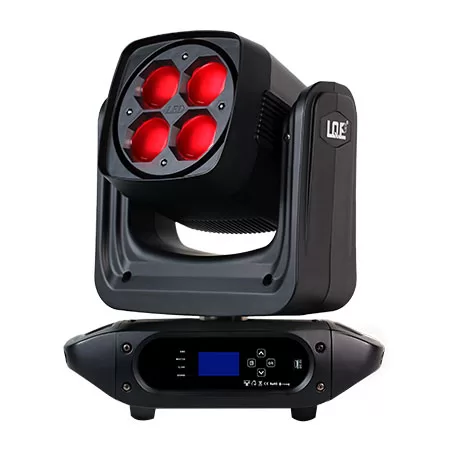
LED Moving Head Stage Wash Light LW200Z
The versatile moving head stage light provides a powerful lighting solution for theaters, concerts, and large outdoor performances. Suitable for theaters, TV stations, entertainment stages, and large outdoor performance scenes.
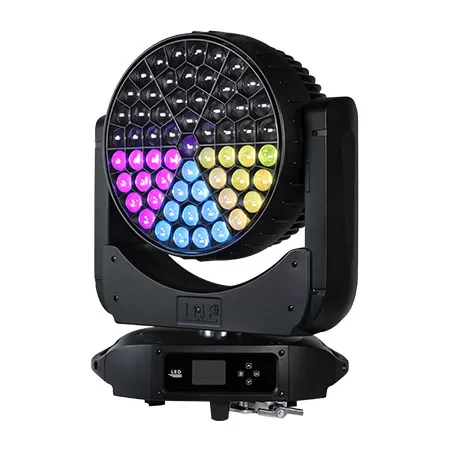
1000w 61x40w RGBW Stage Moving Head Wash Light LW1000
1000W 61x40W LED RGBW Mulichips Moving Head Wash Lights with Zoom (5°–50°), Covering Large Range and Long Distance. Designed to deliver a 5°–50° ultra-large zoom range to achieve a greater wash effect, illuminating stages and events with stunning lighting effects.
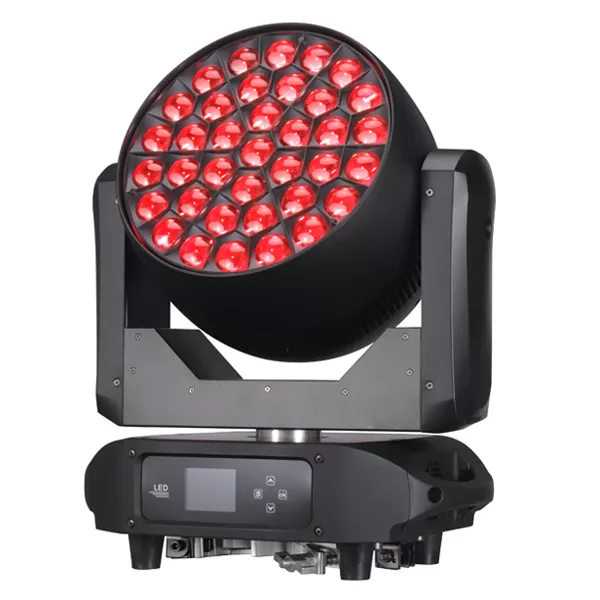
800w 37x40w RGBW Stage Moving Head Wash Light LW800
800W 37x40W LED RGBW Mulichips Moving Head Wash Lights with Zoom (5°-50°), Covering Large Range and Long Distance. Designed to deliver a 5°–50° ultra-large zoom range to achieve a greater wash effect, illuminating stages and events with stunning ring control lighting effects.

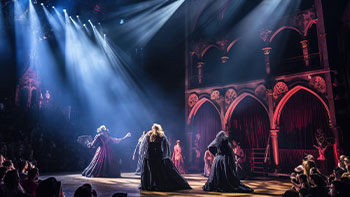
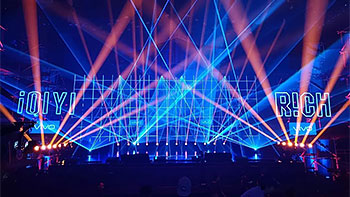
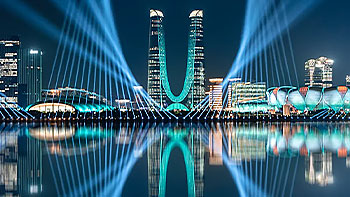
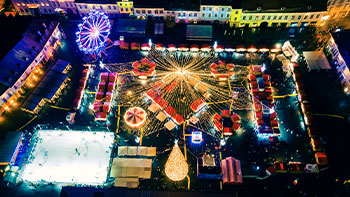
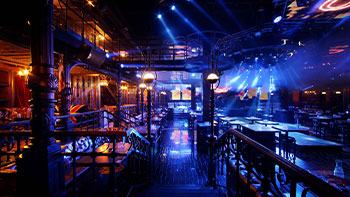
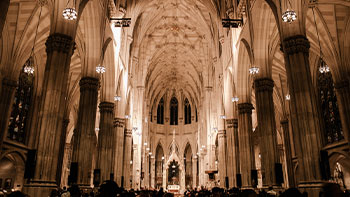






Linkedin
YouTube
Whatsapp: +8618924548390
TikTok